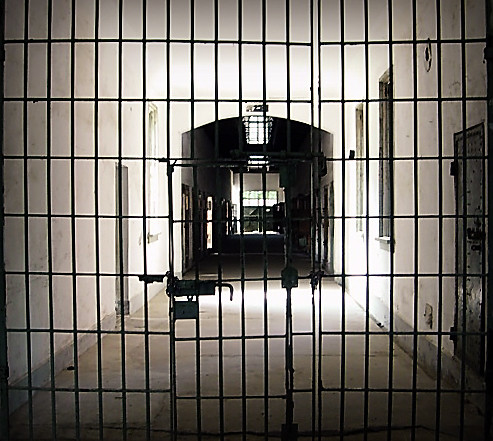Punishment vs Rehabilitation
Published by monica on Tuesday, December 11, 2012
Photo credit by :Dar.
Society relies on the criminal justice system to punish individuals and in some cases rehabilitate them. Rehabilitation and punishment are two objectives of the United States criminal justice system, with incapacitation and deterrence being the other two objectives. Punishment is the main goal of the United States criminal justice system when it comes to how to deal with criminal offenders. However, many theorists have argued about whether punishment is more effective than rehabilitation when it comes to dealing with criminal offenders.
How effective rehabilitation and punishment really are has been heavily analyzed throughout time. They have been analyzed to determine which one has a better outcome for society and the victim as well as the criminal offender. For society, the fiscal and social impact has been analyzed. It has been proposed that punishment only leads to deterrence and that rehabilitation will decrease recidivism.
The criminal justice system uses punishment in an effort to deter the criminal offender from committing future offenses. Many argue that only punishing criminal offenders does not do much to deter them from committing future offenses. In fact, approximately sixty-three percent of criminal offenders who have been punished have committed crimes in the past. Many criminal offenders who have been punished also go out and commit other crimes.
Many theorists view punishment as a temporary fix. This includes the death penalty and life sentences because many offenders who are serving a term like these commit crimes in confinement. In the case of offenders facing the death penalty, the time they spend on death row and the ability to appeal a death penalty punishment may contribute to why these offenders are less likely to take punishment seriously.
Many argue that rehabilitation is more of a permanent solution in preventing criminal offenders from committing future crimes. The foundation of this argument is that a criminal offender who learns to adapt to society by learning a trade and getting an education will be more likely to become a productive part of society.
Most rehabilitation programs are community programs that offer criminal offenders the chance to obtain a GED, learn a trade or obtain a college degree, go through counseling and find gainful employment and adequate housing. The types of counseling available often includes drug counseling and psychological counseling. Drug counseling can be beneficial to criminal offenders who are addicted to drugs or alcohol. Psychological counseling can be beneficial to criminal offenders who have had troublesome pasts consisting of issues such as childhood abuse, sexual abuse and abandonment.
Many rehabilitation programs will also offer programs such as anger management for criminal offenders who have committed violent acts or those who simply have anger issues. The main goal of rehabilitation is to improve a criminal offenders life so that they no longer have the desire to commit criminal acts. Rehabilitation also allows criminal offenders to be on probation where they are not in need of taxpayer money to fund their living like they would be if they were in confinement such as jail or prison.
 | Posted in »
| Posted in »

0 comments: Responses to “ Punishment vs Rehabilitation ”